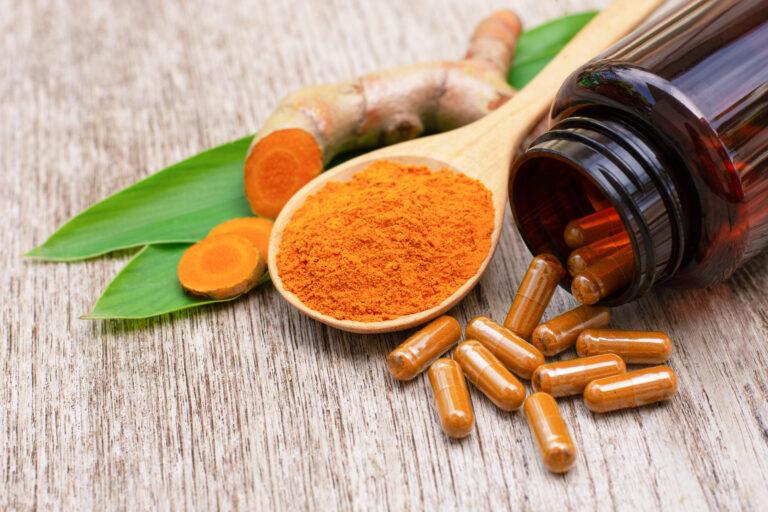In none of the samples analyzed was the presence of contaminants (heavy metals, hepatotoxic synthetic colorant, drugs etc.) detected. Turmeric is a food traditionally consumed in Asia for a long time, and its consumption is considered safe, although the dosage is also a key issue. The European Food Safety Authority (EFSA) set the daily acceptable intake of 180 mg, based on a person weighing 60 kg. Based on consumer exposure assessments, only a small fraction of the safe dose is reached even in turmeric-heavy diets. At the same time, the bioavailability of turmeric consumed via food is very low.
In case of dietary supplements, the problem can be caused by the fact that manufacturers try to increase the bioavailability of the products in different ways, for example by adding other active ingredients such as e.g. piperine. As a result, the likelihood of adverse health effects may increase, although there is a scarcity of information in this area. The active substance may also interact with various medications (anticoagulants, cancer medications, immunosuppressants). The consumption of this type of dietary supplement therefore requires caution and should be avoided while taking medications.

